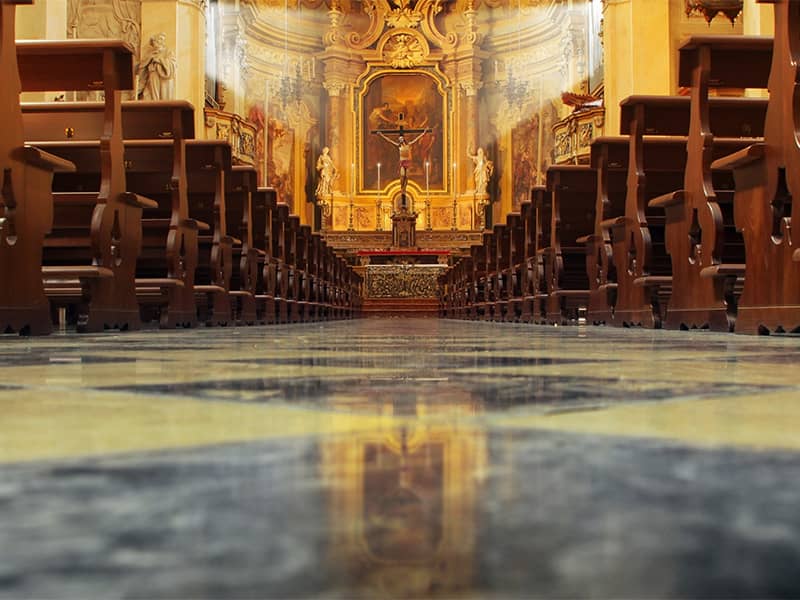The forged treasures include an ivory pomegranate touted by scholars as the only relic from Solomon's Temple, an ossuary that reputedly held the bones of James, Jesus' brother, and a stone tablet with inscriptions on how to maintain the Jewish Temple, officials said.
"During the last 20 years, many archaeological items were sold, or an attempt was made to sell them, in Israel and in the world, that were not actually antiques," the indictment said. "These items, many of them of great scientific, religious, sentimental, political and economic value, were created specifically with intent to defraud."
The 27-page indictment charges Israeli collector Oded Golan, along with Robert Deutsch, Shlomo Cohen , and Faiz al-Amaleh, on 18 counts including forgery, receiving fraudulent goods, and damaging antiquities. Deutsch is an inscriptions expert who teaches at Haifa University.
Golan denied the accusations as a campaign of lies and rumors spread by Israel's archaeological authorities to destroy the local antiquities trade.
"There is not one grain of truth in the fantastic allegations related to me," Golan said in a statement, adding that he believed he would be cleared in court.
According to the indictment, the members of the ring took genuine artifacts and added inscriptions to them, falsely increasing their importance and greatly inflating their value. After forging the inscriptions, they would paint the items with a coating designed to emulate the patina that would accumulate on the object over thousands of years, the indictment said.
The work was so sophisticated that it fooled top antiquities experts, and some of the fake artifacts sold for huge sums, authorities said.
"We only discovered the tip of the iceberg. This spans the globe. It generated millions of dollars," said Shuka Dorfman, head of Israel Antiquities Authority.
Chief investigator, Shaul Naim, said police believe that there are many more forgeries that have not yet been discovered.
"We have reason to believe that many more forged antiquities which we haven't been uncovered yet are being held by private collectors in Israel and abroad, and in museums in Israel and abroad," he said.
The indictments came less than a week after the Israel Museum announced that the ivory pomegranate, one of its most prized possessions, was a forgery.
The museum bought the pomegranate from an anonymous collector for $550,000 in the 1980s, with the money deposited into a secret Swiss bank account at the time.
Among objects the police tagged as forgeries were two of Golan's possessions, the James ossuary and the "Yoash inscription," a shoebox-sized tablet from about the ninth century B.C., inscribed with 15 lines of ancient Hebrew with instructions for maintaining the Jewish Temple in Jerusalem.
The ossuary, with the words "James, son of Joseph, brother of Jesus," had been touted as a major archaeological discovery - the oldest physical link between the modern world and Jesus. But last year, Israeli experts said that while the ossuary, a 2,000-year-old limestone box, was indeed ancient, parts of the inscription were added recently.
The forgeries also include clay tablets with descriptions of biblical events, a stone menorah said to belong to the priests in the Second Temple, Judaism's holiest site which was destroyed by Romans in 70 A.D., and a stone seal said to belong to Menashe, king of Judah.

